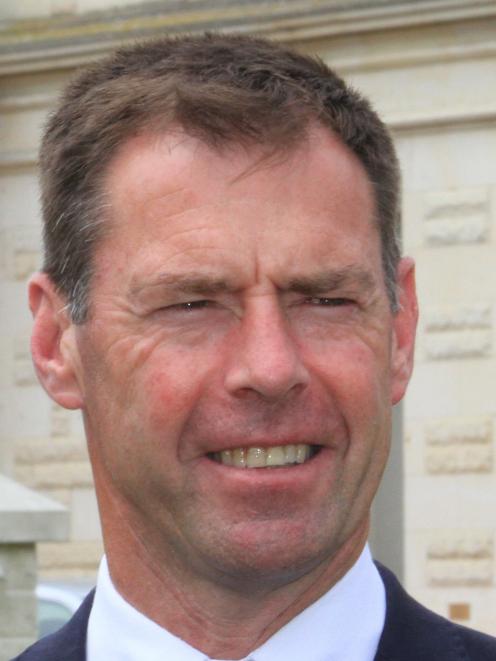
The ministry called the Oamaru single-sex high school, at the end of 2017, the smallest boys’ state school in New Zealand with a roll of 433.
And ministry sector enablement and support deputy secretary Katrina Casey said this week the 2020 provisional roll for Waitaki Boys’ was set at 384.
The school’s Education Review Office report from January 2017 put the roll at 484, another in July 2019 put the roll at 407.
Further, after finishing the year $130,000 in the red, the Waitaki Boys’ hostel needed to undergo ‘‘urgent’’ operational changes in the new year as the staffing structure at the hostel had not changed to reflect a decline in the number of boarders over the past decade, documents provided to the Otago Daily Times show.
"The school roll has never been as low in recent times as it is presently," Waitaki Boys’ rector Darryl Paterson confirmed yesterday.
He said the school was confident its roll would be "closer to the 400 mark" at the start of next year "as we are anticipating a slight increase in both our day and boarder year 9 intake".
Waitaki Boys’ was the only southern school outside Dunedin reported by the Office of the Auditor-general to be in serious financial difficulty last year. And Mr Paterson did not say how much of a financial hit the school was set to take.
"This will have an impact on school funding but that picture is not really clear until our roll is confirmed on March 1 and there are a number of other funding variables at play which are yet to be confirmed," he said. "No teachers' jobs are at risk as we have been able to manage the reduction in staffing through retirements."
School board of trustees chairwoman Andrea Ludemann did not respond to queries yesterday.
Education consultant Cleave Hay, a ministry-appointed specialist adviser to the school’s newly formed board, referred the ODT back to Ms Ludemann and Mr Paterson.
Ms Casey said Oamaru was predicted to grow in the long term.
"We monitor the rolls for all schools across New Zealand and look at population projections to inform planning and ensure we have efficient and effective provision of schooling to meet community needs.
"Population projections for the Oamaru area indicate that numbers of secondary-aged students are expected to remain stable in the short to medium term, and then grow moderately."
In a letter to parents of children at the hostel, on November 5, Ms Ludemann noted that since the board was reinstated at the school the hostel had been identified as needing to change.
The "necessary’’ workplace changes at the hostel outlined in an accompanying "Workplace change proposal — Don House Hostel" show the school had lost boarders particularly steadily over the past five years and the staffing structure "has not been modified to address the loss of boarders".
The school’s 41 boarders brought in $450,000 last year, the majority of the $480,000 hostel income.
Among the $610,000 in expenses highlighted in the proposal, food ($118,500), kitchen labour ($116,000) and staff ($150,000), would need reductions.
Staffing levels were proposed to drop from 2.0 full-time equivalent positions to 1.6.
In July, the ODT reported Mr Paterson’s goal for the school was to increase the roll to 500 by 2027.











